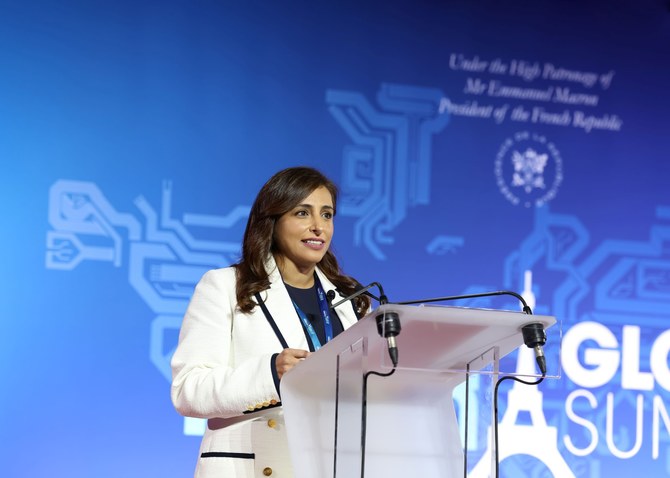
- ARAB NEWS
- 25 Apr 2024

PARIS: An Emirati ruling family member has called on tech firms and governments to include more women in policymaking to maximize the benefits and limit the dangers of new technology.
Sheikha Bodour Al-Qasimi, President of Sharjah Research, Technology and Innovation Park, told the 2nd Women in Tech Global Summit in Paris that offering leadership opportunities to women and including their perspectives in decision and policy-making would have a positive effect.
“Things need to change and change fast. We need to take the reins,” she said. “When you consider that even today, government decision-making, policy frameworks, and regulatory parameters are still dominated by men, we need a call to action.”
She addressed more than 400 international delegates from business, government, civil society, and the arts at the annual Summit, which aims to create a more inclusive, sustainable, and innovative STEM ecosystem.
Al-Qasimi shared UN Women data showing that women remain severely underrepresented at all levels of decision-making and across political life in general.
“According to UNESCO, 57 percent of STEM graduates in the Arab world are women, with this number rising to 61 percent in my country, the UAE,” said Al-Qasimi.
The publishing entrepreneur and philanthropist described women as creators of social fabric who, if empowered to be more influential in decision-making, would deliver policies that unlock the benefits of new technologies while managing their potential harms to communities.
“Today we need to ensure that gender parity is guaranteed and not just a target,” said Al-Qasimi.